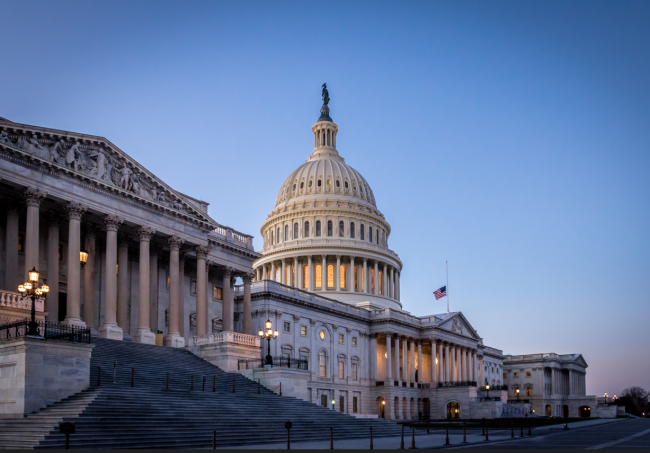Biden’s Budget on 1031 Exchanges
The US Department of Treasury released their General Explanations of President Biden’s FY 2025 Budget, also referred to as the “Green Book”, which proposes hard limits be set on IRC Section 1031. The proposed budget suggests that 1031 Exchanges are a loophole, as they delay the payment of tax on real estate transactions as long as the Exchanger continues reinvesting in real estate. It is believed that this equates to an interest-free loan from the government, potentially indefinitely, and real estate is the only asset that gets this “sweetheart deal.” The proposal would permit deferrals of gain up to an aggregate amount of $500,000 for individuals ($1 million for married couples filing jointly) annually for similar real estate exchanges. Any gains from 1031 Exchanges above $500,000 (or $1 million for married couples filing jointly) in a year would be recognized in the year the Exchanger transfers the real property and subject to tax.
Effect on 1031 Exchanges
If a $500,000 cap on 1031 Exchanges were to be implemented, research shows it would have negative economic consequences. Below are a few of the many reasons why a $500,000 limit on 1031 Exchanges would be harmful to the economy:
Impact on Real Estate Investment and Liquidity: In real estate transactions, 1031 Exchanges are often utilized to defer capital gains taxes, motivating property owners to reinvest in other properties. However, setting a cap of $500,000 on these exchanges might hinder investors’ ability to engage in larger and more complex transactions, potentially reducing liquidity in the real estate market.
Reduced Property Transactions: A limit might dissuade property owners from engaging in 1031 Exchanges due to the potential of increased tax burdens. Consequently, this could lead to a decrease in property transactions, in turn, slowing economic activity within the real estate sector.
Potential Negative Effect on Small Businesses: Setting a limit on 1031 Exchanges could have a negative, disproportionate impact on small businesses, as well as investors who depend on 1031 Exchanges in managing their property portfolios. Biden’s cap could hinder investors’ means to expand, relocate, or optimize their property holdings.
Impact on Economic Growth: 1031 Exchange research shows that they stimulate economic growth by promoting investment, job creation, and improvements to properties, thus improvements to neighborhoods, cities, etc. Setting a hard cap on 1031 Exchanges would impede these economic accelerators.
A
Understanding How Biden’s Proposed Budget Impacts 1031 Exchanges
